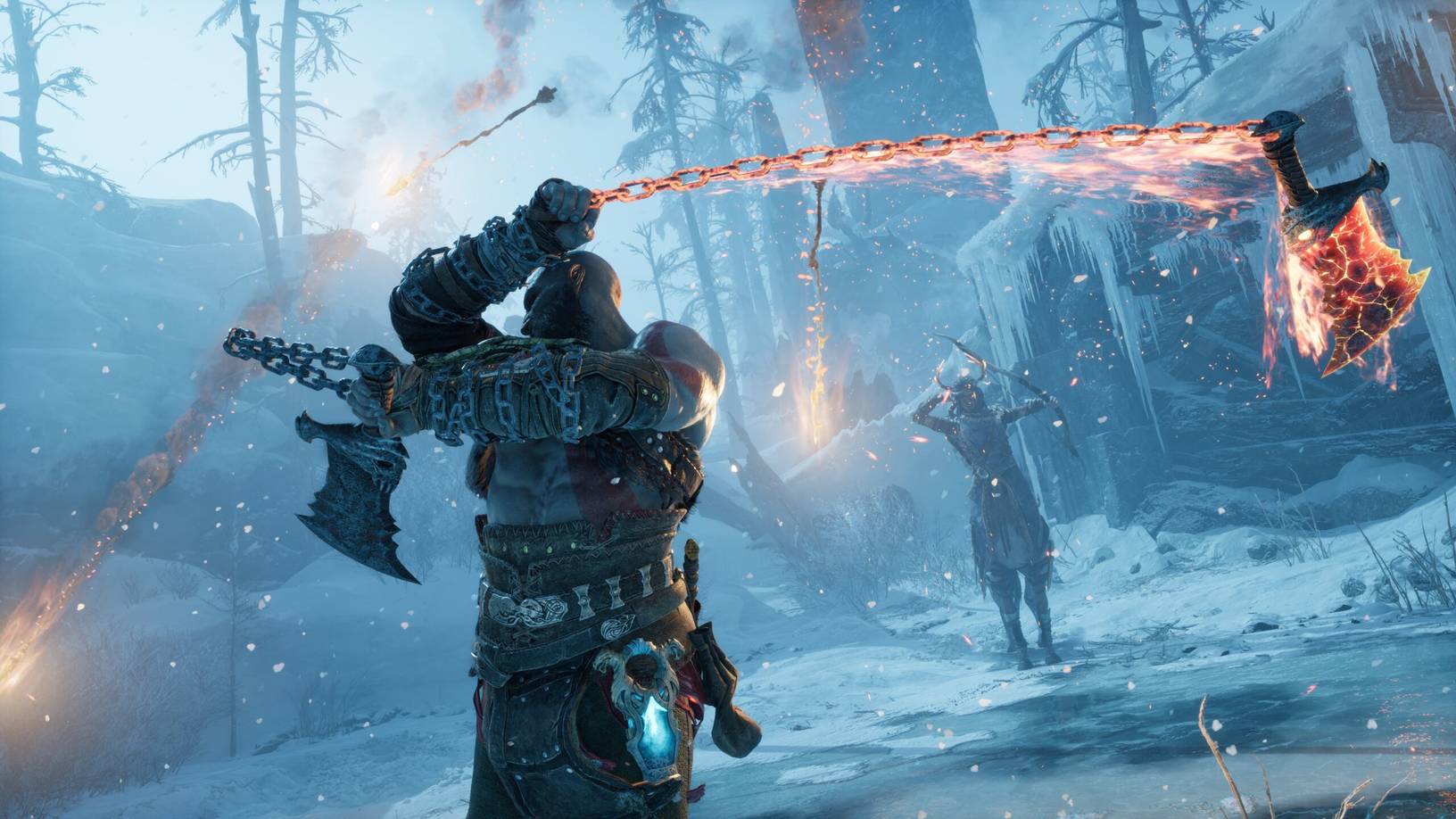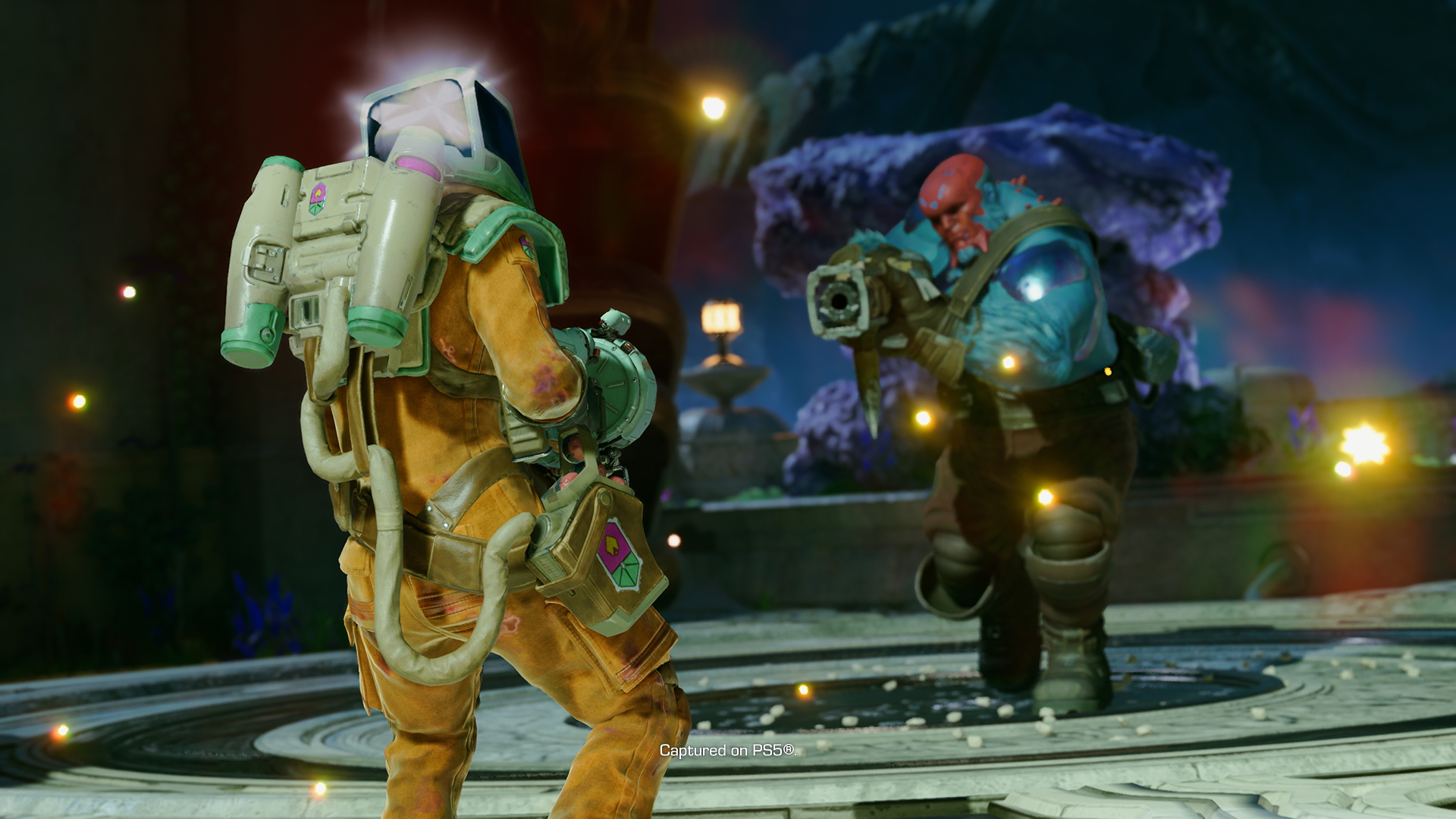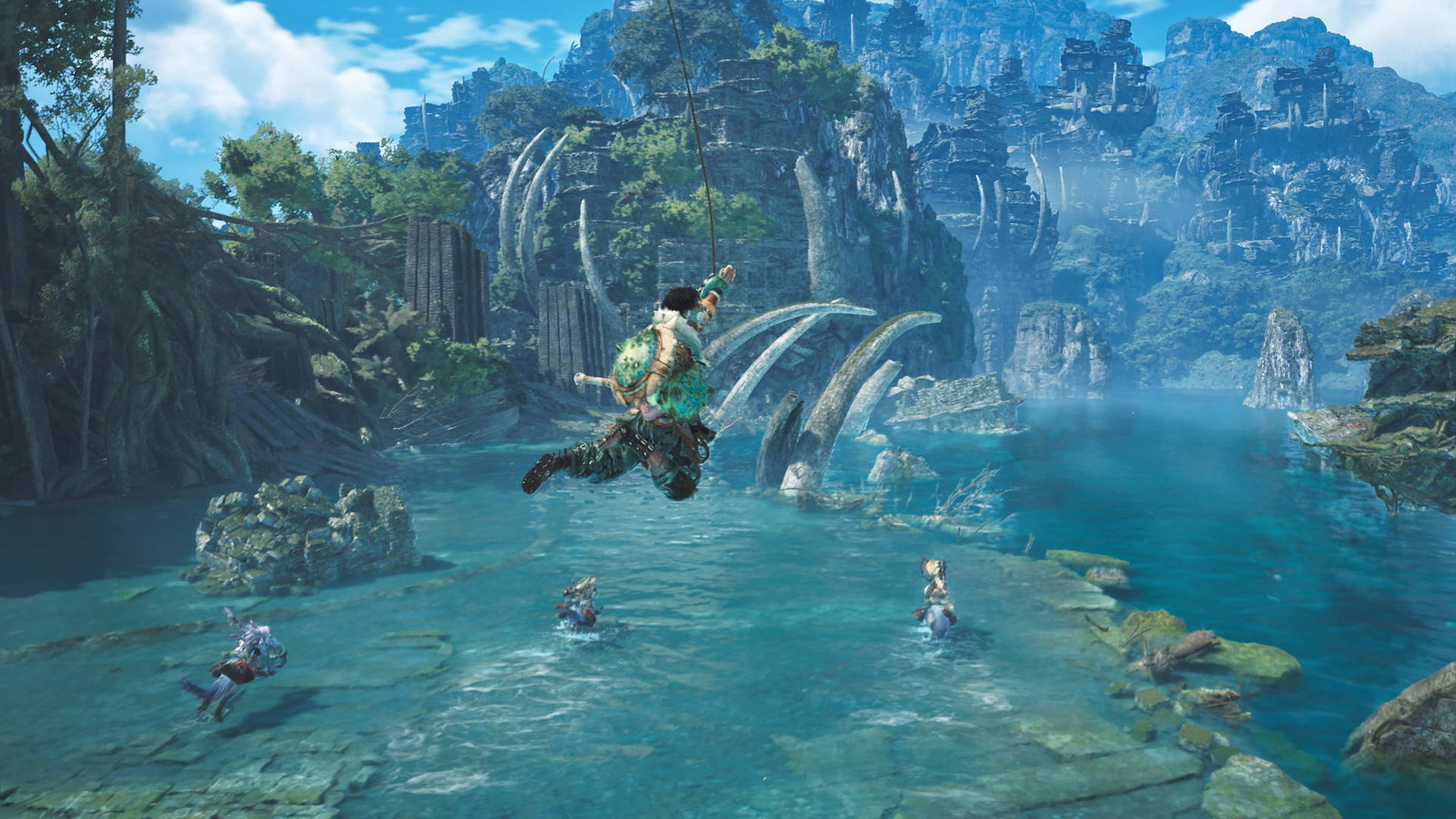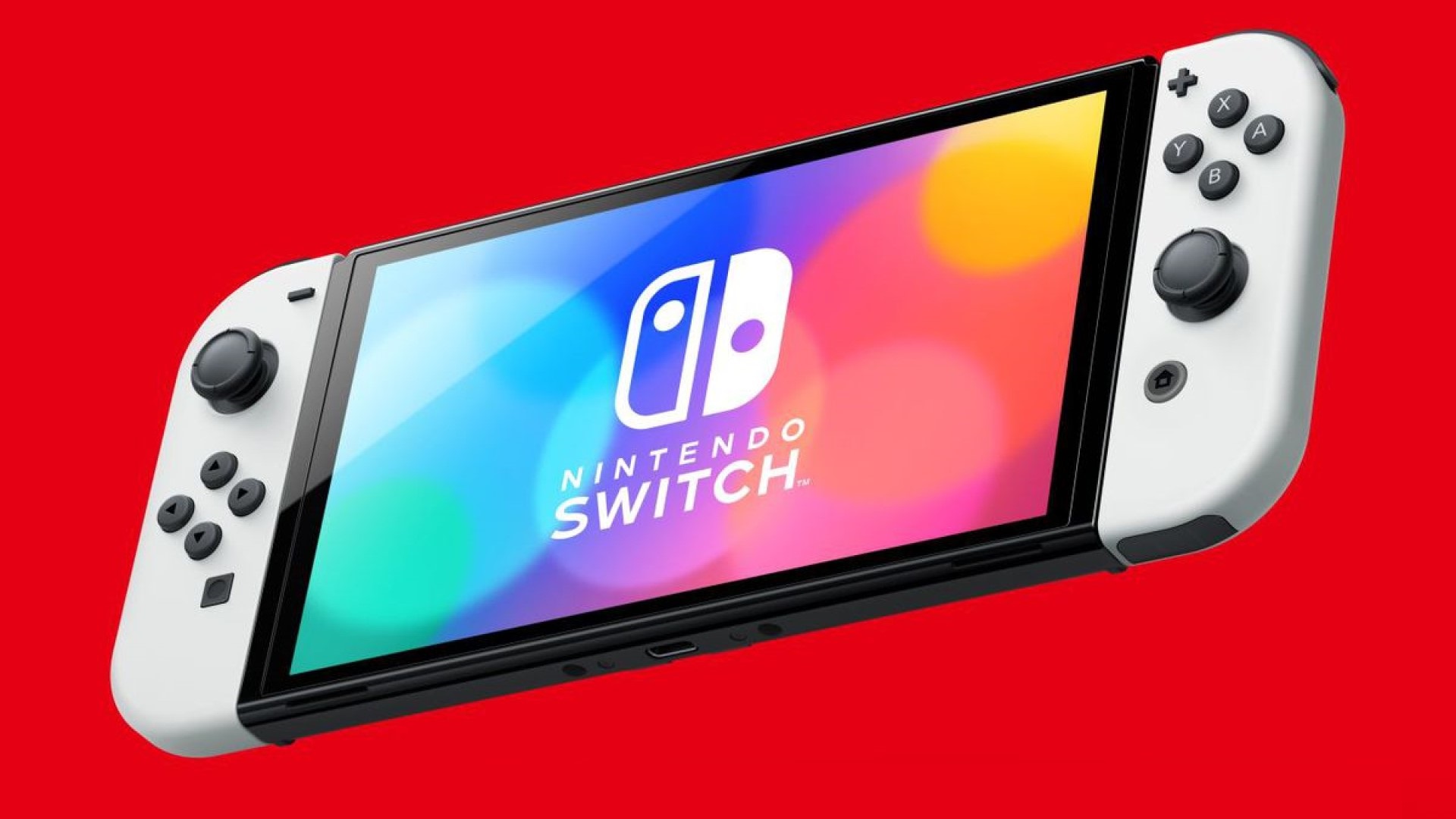The PS5 has sold at roughly the same pace as its riotously successful predecessor, and that, of course, is ultimately what Sony is going to care about above most other things. But other than that one admittedly crucial metric for success, this generation of console gaming has been something of a mess from the PlayStation perspective. Over the course of the last few years, Sony has endured several public failures, made a string of bad decisions, been caught in several controversies, and all around sparked the ire of its audience way more than it had done over the course of the PS4 generation.
Where the PS4 era was a golden age for PlayStation on par with the PS2 days – and in some was, even exceeding those great heights – the PS5 years have been way more stop-start. PlayStation continues to be successful, that much is indisputable given the impressive sales that the platform and its games continue to enjoy, and the money that Sony rakes in (even if it would like to be raking in more, as is ever the way of profit-driven businesses). But though sheer momentum, undeniably good hardware, and solid software support from the industry at large have ensured that the PS5 doesn’t stumble in any significant way, Sony itself can’t help but keep tripping over itself.
Most recent in its long and ever-growing list of debacles is another pair of project cancellations. First reported by Bloomberg’s Jason Schreier, Sony has cancelled SIE Bend Studio’s live service open world title, as well as the mystery project that Bluepoint Games had been working on in the years since the launch of the Demon’s Souls remake. Worse still, that project was, of all things, a live service God of War spinoff.
There’s obviously a lot to unpack here, so let’s take it studio by studio, starting with Bend. The developer of Days Gone has endured a torrent of bad luck in the wake of Days Gone’s 2019 release. After the game failed to spark the sort of widespread critical acclaim that Sony clearly cherishes, a Days Gone sequel pitch was turned down (despite the first game’s solid sales), with reports suggesting that the studio would be put to work on an unannounced Uncharted project. That project, too, was eventually scrapped, and in 2021, it was finally revealed that Bend had started working on a new open world IP that would be utilizing a lot of the tech that the studio had built up with Days Gone. Now, that project has also been cancelled in what seems like the cruelest possible twist of fate for Bend.
Bluepoint’s situation, however, seems even more egregious somehow, and perfectly indicative of how disastrous Sony’s decision-making has been. Let’s break this down: after working with the studio on two acclaimed single-player remakes in the form of Shadow of the Colossus, Sony decided to acquire Bluepoint, following which it decided that 1) the best path forward for Bluepoint, a single-player studio, was to work on a live service game, 2) that live service game should be a God of War spinoff, which sounds like an awful idea no matter how you look at it, and 3) that they should wait until 2025 to finally cancel the project.
Sony has assured that Bluepoint and Bend aren’t going to be shut down as a result of these project closures, which is the silver lining here surely, but that doesn’t mean there is going to be no collateral damage whatsoever. The company hasn’t been able to assure that there won’t be any layoffs, for starters. Meanwhile, both studios have wasted years of work, and are now going to have to start entirely new projects from scratch- which, given the timing of everything going down, means that there’s a good chance we see nothing at all from either studio on the PS5. We’re more than halfway through this generation, and all signs point to the PS6 hitting shelves sometime in 2028, and it’s highly unlikely that either studio will be able to launch anything before then (unless they end up reusing a lot of the work they have done on their freshly-cancelled projects).
And of course, all of this comes down to Sony’s misguided (which is the most charitable description possible for it) push for live service games. Seriously, that whole initiative could not have gone any worse. Back in 2023, Sony proudly claimed that it intended to release 12 live service games in the next three years, and though Helldivers 2 certainly took the world by storm last year, it’s the lone spark in an otherwise dire pool of failures and premature deaths. The Last of Us Online? Cancelled. Bungie’s Project Payback? Cancelled. Firesprite’s alleged Twisted Metal reboot? Cancelled. Insomniac’s Spider-Man: The Great Web? Cancelled. London Studio’s live service game? Cancelled, and the studio itself shuttered. That mystery Deviation Games project? Cancelled, and the second-party partner studio shut down. Bluepoint’s God of War spinoff? Cancelled. Bend’s open world game? Cancelled.
And then there’s Concord, of course, which is the biggest first-party software failure in the history of the medium, perhaps- certainly on the PlayStation side of things, with the game having had just two meagre weeks on the market (which saw little to no foot traffic), before Sony decided to pull the plug and shut down the studio altogether. According to journalist Jeff Grubb, Concord’s embarrassing failure was exactly what drove Sony to rethink yet more of its live service portfolio, which in turn led to the cancellation of Bluepoint and Bend’s projects. On one hand, it’s good that the company is responding to failures in the manner that you would want, because clearly live service projects are a huge risk, are being handed to studios whose talents lie elsewhere, and tend to find it much more difficult to win over audiences.
Then again, you have to wonder what the point of this live service push was to begin with. Sure, Sony claims it’s not pulling out of this space just yet, in spite of all the hits and bruises it has taken. Still in the pipeline, for instance, are Horizon Online, Marathon, the unannounced Project Gummy Bears, and Fairgame$- but how successful are those games going to be? Public opinion around Fairgame$ has been rough ever since its reveal, with suggestions that it could be headed down the same path as Concord. Meanwhile, reports have claimed that Marathon’s development is a mess, and that the game itself is in rough shape behind the scenes. Clearly, things are far from peachy even for the in-development live service projects at PlayStation that have survived the axe.
An overwhelmingly large amount of people will be lining up with their “told you so” placards outside of PlayStation HQ, and you can’t help but agree. After all, there’s been no shortage of examples of companies faceplanting in their efforts to grab a slice of the live service pie, and many an acclaimed single-player studio has met with a disastrous fate due to a foolish switch to live service- and yet Sony, in all of its infinite wisdom, took a look at all of that and told itself, “but we can do it better.”
For a while, many of us were willing to give the company the benefit of the doubt, because after the immense success it had seen with its big budget single-player offerings, maybe there was a chance that the company could indeed make huge strides in the live service space as well. Reality has reared its ugly head once again, however, and here we are one more- yet another major company has realized all too late that it has made a huge mistake. Sony’s gradual but inevitable u-turn from its live service ambitions means that the company is likely going to go back to the thing that made it the juggernaut that it is – that being its beloved blockbuster single-player games – but it’s an absolute shame that we effectively had to waste an entire console generation so Sony could try and fail to follow trends that were already starting to feel outdated when the company hopped on board.
Note: The views expressed in this article are those of the author and do not necessarily represent the views of, and should not be attributed to, GamingBolt as an organization.

 11 hours ago
22
11 hours ago
22










![Anime Reborn Units Tier List [RELEASE] (November 2024)](https://www.destructoid.com/wp-content/uploads/2024/11/anime-reborn-units-tier-list.jpg)
